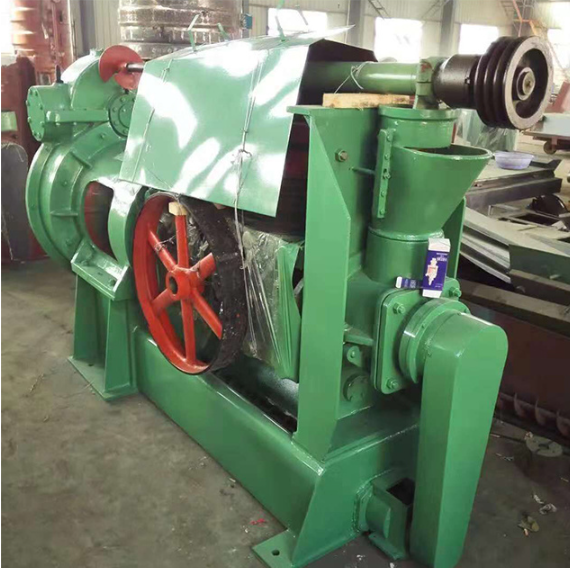Oct . 31, 2024 05:39 Back to list
high quality rapeseed oil refined unit
High-Quality Rapeseed Oil Refining Units The Key to Premium Edible Oil Production
With the growing global demand for healthy cooking oils, high-quality rapeseed oil has gained considerable popularity due to its numerous health benefits and versatile culinary applications. The refinement process of rapeseed oil plays a crucial role in determining its quality and nutritional profile. Therefore, the establishment of efficient and advanced refining units becomes imperative for producing top-tier rapeseed oil.
Rapeseed, a member of the Brassica family, is primarily cultivated for its seeds, which are rich in oil content. The oil extracted from these seeds is not only low in saturated fats but also high in omega-3 and omega-6 fatty acids, making it a heart-healthy choice. However, the direct extraction of crude rapeseed oil often results in a product with an unpleasant taste and odor due to the presence of impurities. This is where the refining process comes into play.
The refining of rapeseed oil typically involves several stages degumming, neutralizing, bleaching, and deodorizing. Each of these processes contributes to enhancing the oil's purity and shelf life. The initial step, degumming, removes phospholipids and other hydrophilic substances that can cause cloudiness. Neutralization follows, where free fatty acids are neutralized using an alkaline solution, further refining the oil’s taste and aroma.
high quality rapeseed oil refined unit

Bleaching is a crucial step that eliminates color pigments and additional impurities, achieving a clearer oil appearance. Finally, deodorization is performed to remove volatile compounds that may contribute to undesirable smells. This step is vital for producing an oil that is suitable for cooking and frying, ensuring that it does not alter the taste of food.
Investing in high-quality rapeseed oil refining units involves utilizing state-of-the-art technology and equipment. Advanced refining units incorporate efficient oil processing techniques, ensuring minimal nutrient loss while maximizing the quality of the final product. Features such as temperature control, steam deodorization, and effective filtration systems enhance both the yield and quality of the refined oil.
Moreover, environmentally friendly practices are increasingly integrated into these refining units. Sustainable methods of oil processing help reduce waste and lower the carbon footprint, aligning with the global push towards environmentally conscious manufacturing.
In conclusion, high-quality rapeseed oil refining units are essential for producing premium edible oil that meets the evolving consumer demands for health-conscious and flavorful cooking options. By utilizing advanced technology and sustainable practices, these units not only enhance oil quality but also contribute to a more sustainable food industry. As consumers continue to seek healthier alternatives, the importance of efficient rapeseed oil refining cannot be overstated.
-
Top Food Oil Refined Unit Companies w/ GPT-4 Turbo Tech
NewsAug.01,2025
-
Premium Black Seed Oil Expeller - High Efficiency Cold Press Oil Machine
NewsJul.31,2025
-
Oil Processing Equipment - High-Efficiency Flaking Machine
NewsJul.25,2025
-
High-Efficiency Peanut Oil Refined Machine for Quality Oil Production Leading Exporters & Companies
NewsJul.08,2025
-
High Efficiency Sunflower Seed Oil Press – Leading Cooking Oil Press Machine Factories & Suppliers
NewsJul.08,2025
-
High-Efficiency Soybean Oil Press Machine – Leading Exporters & Reliable Companies
NewsJul.07,2025
